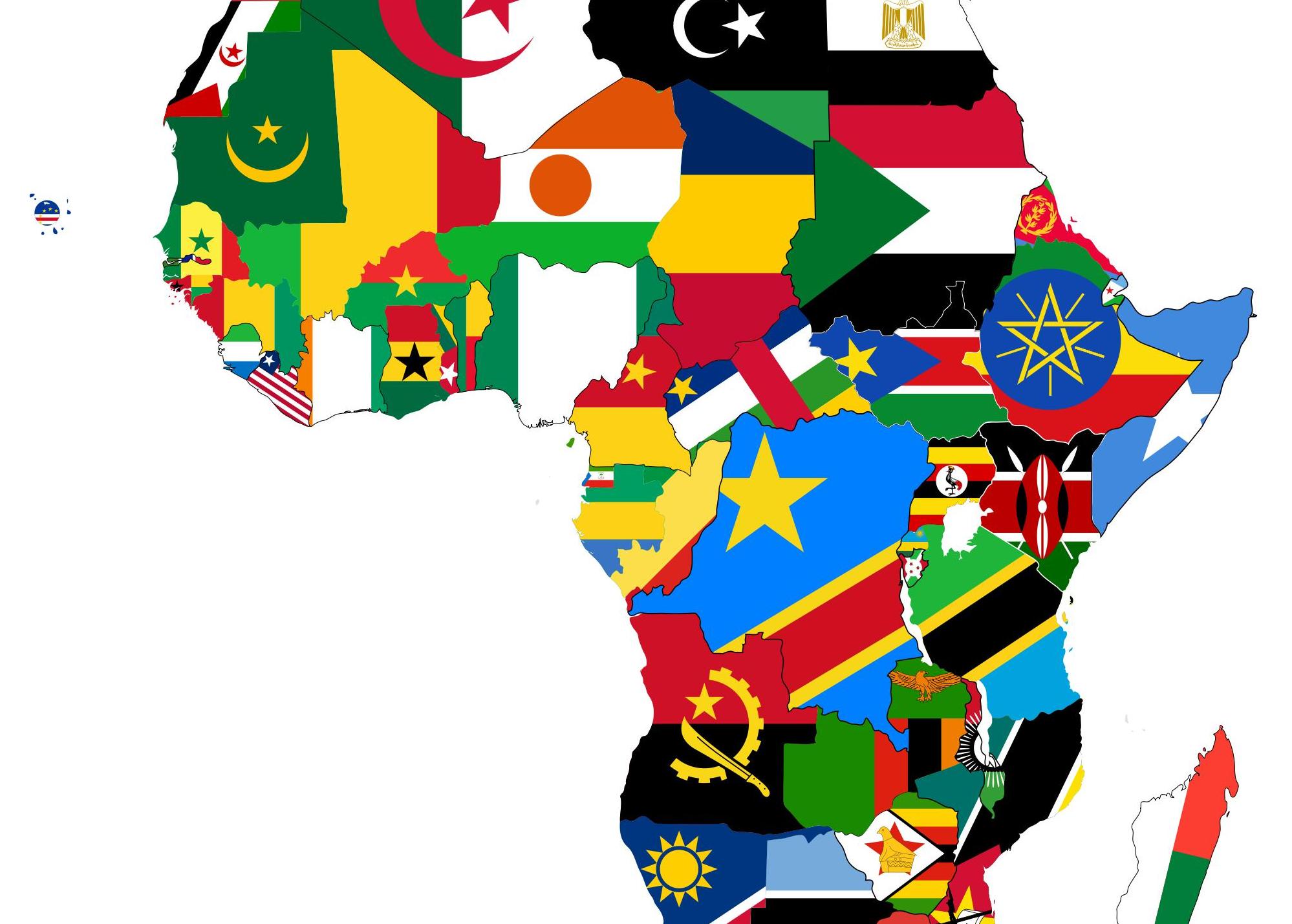
Africa’s democratic journey is multifaceted, with nations striving to balance participation, civil liberties, and effective governance. As the contine...
Body
Africa’s democratic journey is multifaceted, with nations striving to balance participation, civil liberties, and effective governance. As the continent evolves, maintaining transparency and addressing challenges will be key to sustaining democratic progress.
The assessment of democratic performance relies on various indices, with the Democracy Index and the V-Dem Democracy indices being prominent.
According to the Democracy Index, which assesses countries based on electoral processes, political culture, participation, government functioning, and civil liberties, here are the top 10 African nations leading in democratic performance:
more on General
6 Replies
-
-
Mauritius (8.14)
Mauritius, a stunning island nation in the Indian Ocean, stands as a beacon of democratic excellence. Here's why it shines:
- Political Participation: Mauritians actively engage in elections, express their views, and shape policies. Their commitment to civic involvement sets a high standard.
- Civil Liberties: Freedom of speech, assembly, and an independent press thrive. Mauritius respects individual rights, fostering transparency.
- Effective Governance: Institutions function well, corruption remains low, and the rule of law prevails. Stability attracts investment.
With an impressive score of 8.14, Mauritius exemplifies democracy. Whether you're drawn to its turquoise waters or its democratic spirit, it remains a global standout!
2. Botswana 7.81
Botswana, a landlocked country in southern Africa, has earned recognition for its stable democratic practices. Here's why it stands out:
- Robust Electoral Processes: Botswana conducts regular elections with integrity. The electoral system ensures fair representation, and citizens actively participate in choosing their leaders.
- Respect for Civil Liberties: Fundamental rights and freedoms are upheld. Freedom of expression, assembly, and association are safeguarded. Botswana's commitment to civil liberties contributes to its high score.
- Challenges in Transparency: Despite its achievements, recent concerns about electoral transparency highlight the need for ongoing efforts. Strengthening institutions and addressing any shortcomings remain crucial.
With a Democracy Index score of 7.81, Botswana serves as a positive example. As it navigates its democratic journey, continuous vigilance is essential.
3. Cape Verde 7.67
Cape Verde, an archipelago off the west coast of Africa, has made significant strides in promoting democratic values. Here's why it deserves attention:
- Inclusive Governance: Cape Verde prioritizes inclusivity. Its leaders engage with diverse voices, fostering a sense of ownership among citizens. Participation in decision-making processes is encouraged.
- Active Political Participation: Cape Verdeans are passionate about their democracy. They turn out for elections, express their views, and contribute to shaping policies. This active engagement contributes to the country's impressive score.
- Challenges Ahead: Despite its achievements, Cape Verde faces economic disparities and social inequalities. Addressing these issues will be crucial for sustained democratic progress. Ensuring equal opportunities and social justice remains a priority.
With a Democracy Index score of 7.67, Cape Verde exemplifies resilience and commitment. As the archipelago navigates its democratic journey, let's hope for continued growth and prosperity!
4. Namibia (7.20)
Namibia has made significant strides toward a robust democracy. Here's why it stands out:
- Inclusivity: Namibia emphasizes inclusivity in its governance. Leaders actively engage with diverse voices, ensuring that citizens from all walks of life participate in decision-making processes.
- Credible Electoral Processes: Regular elections are conducted transparently, allowing citizens to express their preferences freely. The electoral system ensures fair representation, contributing to Namibia's high score.
- Civil Liberties: Fundamental rights and freedoms are respected. Freedom of expression, assembly, and association thrive. Namibians enjoy the space to voice their opinions and hold authorities accountable.
However, challenges persist:
- Land Redistribution: Namibia faces the complex issue of land ownership and redistribution. Ensuring equitable access to land remains a priority for sustained democratic progress.As Namibia continues its democratic journey, addressing these challenges will be crucial. Let's hope for continued growth and prosperity!
5. Ghana (6.95)
Ghana, a nation known for its rich cultural heritage, vibrant music, and warm hospitality, also shines in the realm of democracy. Here's why it stands out:
- Multiparty System: Ghana's political landscape is dynamic, with multiple parties competing in elections. This diversity fosters healthy debate, encourages accountability, and ensures that citizens have real choices.
- Active Political Participation: Ghanaians are passionate about politics. From lively discussions at "chop bars" to spirited radio debates, citizens actively engage in political discourse. Whether it's analyzing policies or critiquing leaders, they contribute to shaping the nation's future.
- Impressive Score: With a Democracy Index score of 6.95, Ghana holds its own on the global stage. Its commitment to democratic principles serves as an inspiration for other countries.
However, challenges persist:
- Electoral Integrity: Ensuring transparent and fair elections remains crucial. Ghana must continue to strengthen its electoral processes to maintain its democratic momentum.
As Ghana dances to the rhythm of democracy, let's hope for continued progress and harmony!6. Senegal (6.88)
Senegal, a country where vibrant rhythms blend with political discourse—has much to offer in terms of democracy. Here's why it stands out:
- Political Pluralism: Senegal embraces diversity in its political landscape. Multiple parties compete, ensuring that citizens have real choices during elections. This pluralism fosters healthy debate and accountability.
- Civil Liberties: Fundamental rights and freedoms are respected. Senegalese citizens enjoy the space to express their opinions, assemble, and engage in civil society activities. Freedom of the press adds to the democratic vibrancy.
- Active Citizen Participation: From bustling markets to lively street corners, Senegalese people actively discuss politics. Whether it's analyzing policies or critiquing leaders, they contribute to shaping the nation's future.
With a Democracy Index score of 6.88, Senegal dances to the rhythm of democracy. As the sun sets over Dakar's coastline, let's hope for continued progress and harmony!
-
